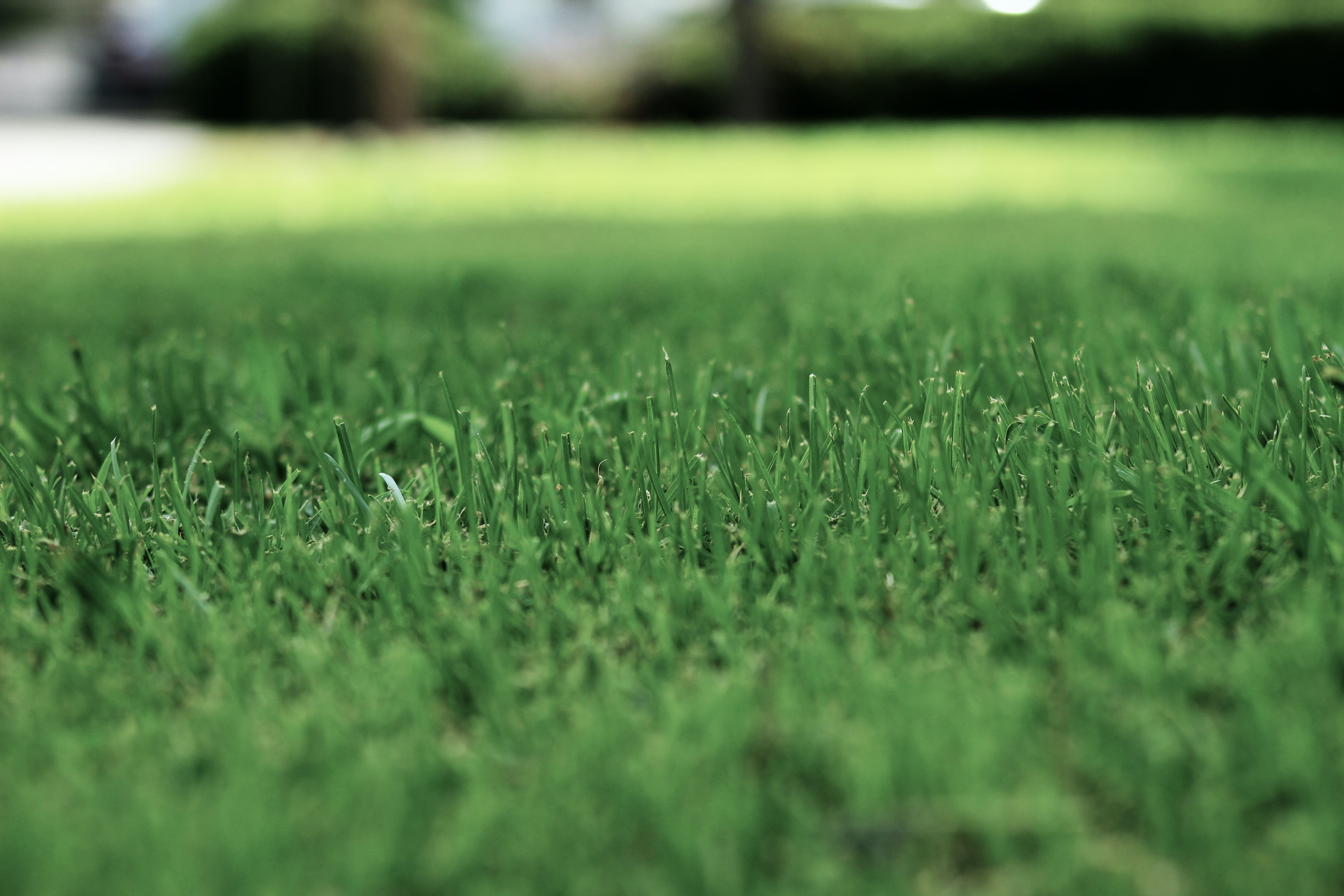
I’ve been locked in a battle of man vs. nature this summer. Some men go hunting for deer, but I’ve been taking aim at crabgrass.
When I was on sabbatical last summer, I injudiciously shut off the water and my front lawn died (despite the valiant efforts of the people who were looking after it while we were gone). Since my neighbors’ lawns all look like they’re the eighteenth hole at Augusta National, I was particularly motivated to remedy the neighborhood blight that was my front lawn.
So, I got to work. I aerated the lawn in the Fall. I dethatched the lawn in the Spring. I applied regular fertilizer and pest treatments. I soiled, seeded, and re-seeded. And I made sure the water was on!
I also watched and waited. I would regularly take a few minutes out of my evenings to “walk the lawn” and see what progress I was making (it was so regular that my wife sent me this video). I was hoping to see signs of growth. But the empty patches still looked empty and the crab grass still looked crabby. The weaknesses in my lawn were glaring.
But then, I started getting comments. A neighbor walked past and said, “Hey! Your lawn looks great!” Another neighbor called me up to tell me how good things were looking and to encourage me to keep watering.
The comments caused me to step back and see another perspective. As I was treating my lawn, my focus locked in on all the things my lawn was not. Looking at things from the day-to-day micro-perspective was discouraging. Things were slow. Things were imperfect.
But others were able to see clearly what I had missed. My lawn had come a long way since last summer. Sure, there was a dead spot, but last summer the entire lawn looked like a golden African plain. Green and thick now, my lawn was way healthier than it had been even a couple months ago.
As I reflected on this, I thought that my Christian life is sometimes like my lawncare experience. When it comes to my own sanctification—my own growth in Christ-likeness—I can sometimes get discouraged. All I see are the spiritual bare patches and weeds: the careless speech; the anger; the selfishness and pride. There’s no doubt they’re there. While I’m not aware of all my weaknesses and sin tendencies, I am painfully aware of several of them! After all, I have to live with them! While I long for growth to happen and these imperfections to disappear, they sit there and glare at me.
It is good to be mindful of these areas in my life. I do want to see growth in them and—by God’s grace—to see some of those bare patches disappear. But because I’m so close to the struggle, sometimes I need someone to walk by and help me to zoom out. I need someone to see the progress that I’m tempted to miss when I’m so invested in the day-to-day battle. I need someone to say, “Wow! You’ve come a long way in this area! Praise God!”
Being in loving and committed Christian community creates opportunities for people to give verbal recognition to the work that God has done in us. We are putting ourselves in positions where God can speak through his people to remind us: God is slowly and surely making us to look more like Christ. And hopefully we can do the same for others. We need help seeing that God is at work and grace is in action.
John Newton, the wise old pastor, famously said, “I am not what I ought to be, I am not what I want to be, I am not what I hope to be in another world; but still I am not what I once used to be, and by the grace of God I am what I am.” Praise God that those who belong to Jesus are not what we once were!
Let’s not ignore our weaknesses and our sins, but let’s also not ignore the good and gracious work that God has already done in his people. And let’s help each other see that by seeing in others the good that God is doing and sharing that with them.
See you Sunday,
Pastor Wayne
What I’m Reading
Practicing Affirmation: God-Centered Praise of Those Who Are Not God by Sam Crabtree – This is a book I read a while ago, but it’s worth plugging again for those who want to grow as encouragers.
The Big Burn: Teddy Roosevelt and the Fire that Saved America by Timothy Egan – This year we’ve had a lot of talk about forest fires (particularly in my home country of Canada). This book is an unbelievably gripping account of a wildfire that destroyed over three million acres (!) in 1910 and played a key role in the development of the national forestry agency.
Unpacking Forgiveness: Biblical Answers for Complex Questions and Deep Wounds by Chris Brauns – I spent some time re-looking at Chris Brauns book on forgiveness recently. This is a helpful book for thinking through relational challenges.
Write a Comment